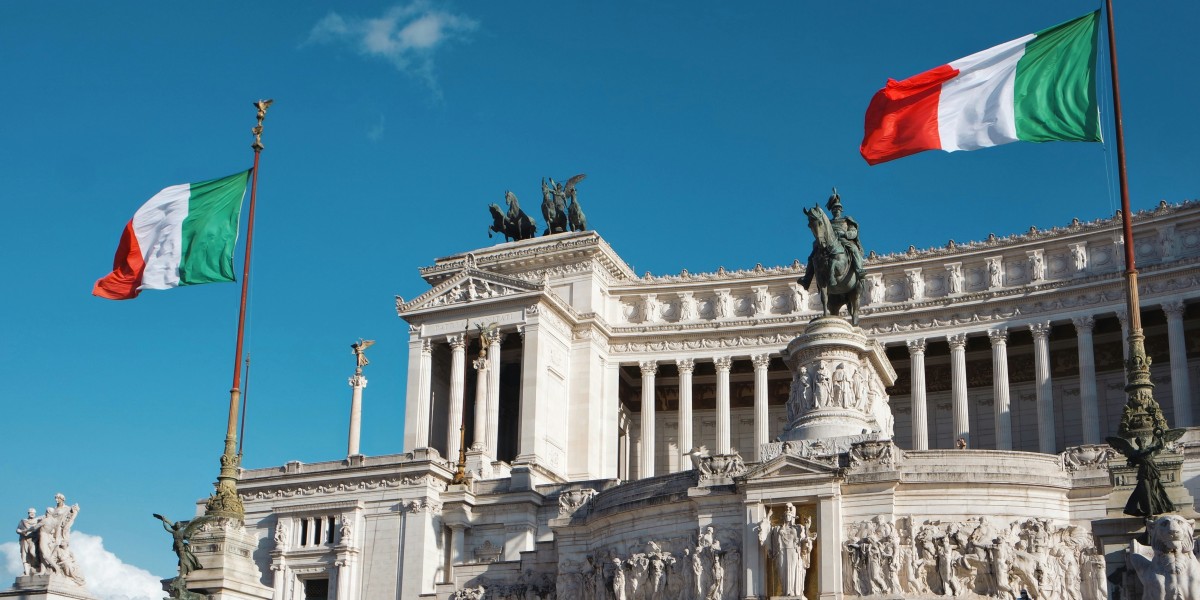
25th April is a day of huge significance in Italian history, known as Liberation Day. It marks the end of the fascist regime and Nazi occupation in 1945 and stands as a powerful symbol of freedom and democracy. Every year, Italians come together to celebrate with public demonstrations and official speeches throughout the country.
What happened on April 25th in Italy?
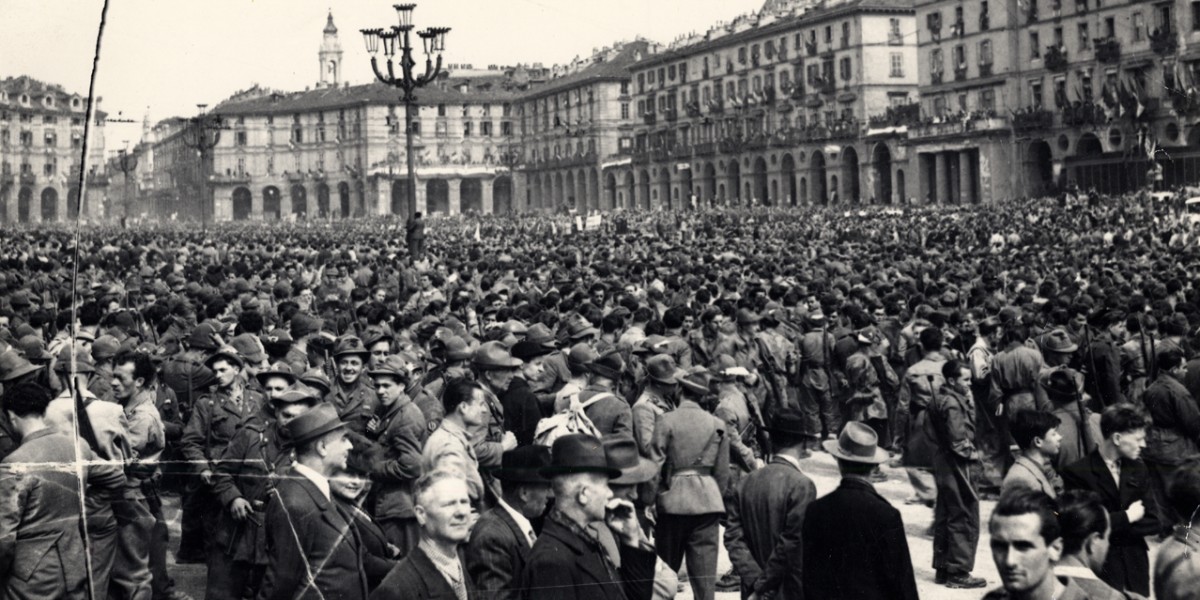
25th April is a landmark date for Italy, signalling the end of Nazi and Fascist rule during World War II. It's the day that commemorates when German and Fascist forces began retreating from crucial cities like Milan and Turin, paving the way for Italy's liberation.
On the night of 24th April, Italy was liberated through the coordinated efforts of partisans, supported by a widespread resistance movement. They organised attacks, took control of strategic city locations, and were joined in their efforts by locals. These actions culminated in the days that followed with the capture of Milan and other major cities.
The Italian Resistance and the Partisans
The Resistance began on September 8, 1943, after the signing of the armistice of Cassibile, fostering the rise of partisan groups who bravely opposed the fascist regime and Nazi occupation. Comprised of anti-fascists and soldiers from the royal army, these groups were crucial to Italy's liberation, culminating on April 25, now celebrated as Liberation Day. The Resistance united people from various social and political backgrounds against oppression, mobilising around 300,000 individuals, including workers, peasants, and youths who refused to enlist in the fascist army.
The declaration of a National Holiday
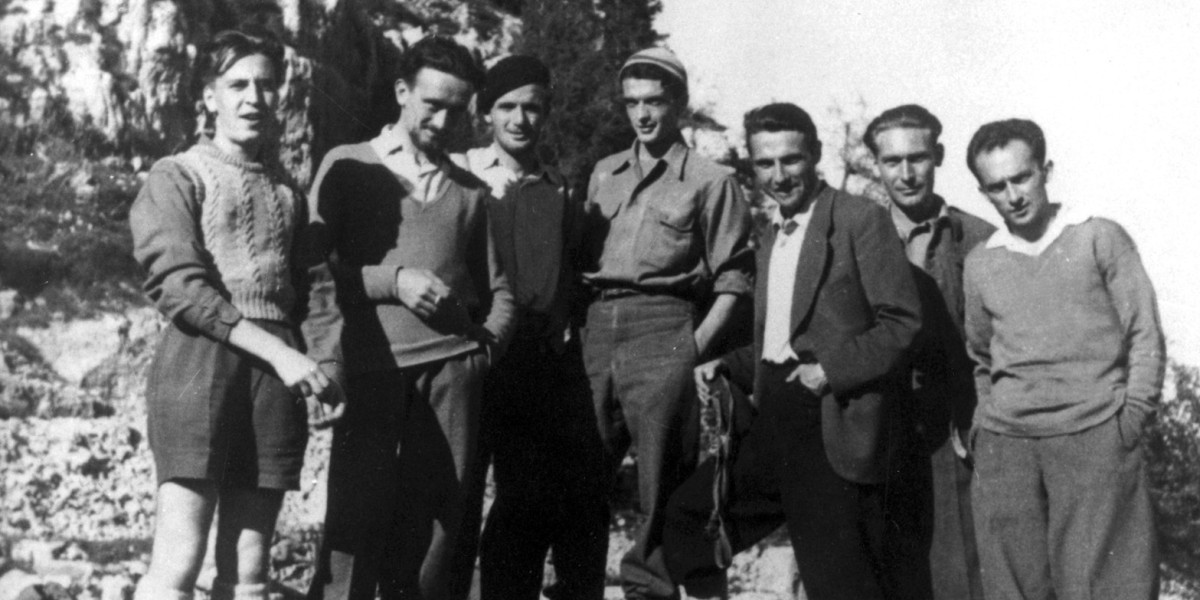
Liberation Day was officially declared a national holiday on 22nd April, 1946, thanks to Prime Minister Alcide De Gasperi's proposal. This symbolic gesture was a pivotal step in recognising the value of the partisan resistance and the restoration of democracy in Italy. The date symbolises freedom and democracy and serves to honour those who fought for liberation, as well as to reflect on the values that shaped the Italian Republic. In 1949, Liberation Day, along with 2nd June - Republic Day - was institutionalised.
Are things closed on Liberation Day in Italy?
Liberation Day is a national holiday, therefore, schools and shops are generally closed. People make the most of their day off by travelling, especially if it falls on a Thursday or Friday, creating a long weekend.
Liberation Day traditions
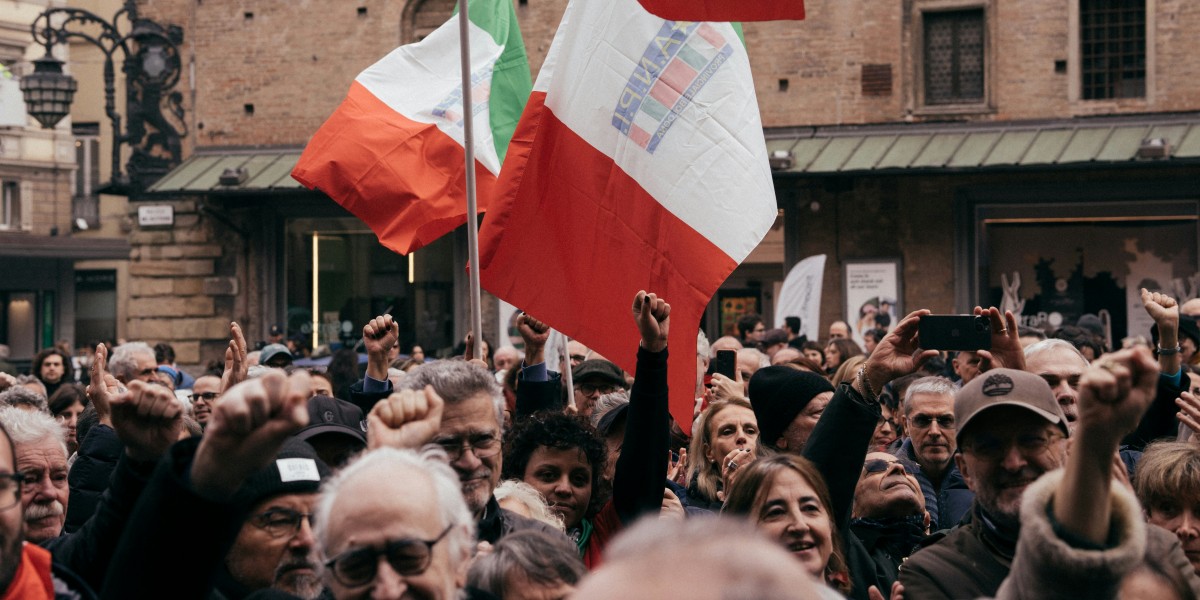
Celebrations for Liberation Day include public demonstrations, official speeches, and commemorative ceremonies across the country. A cherished tradition involves placing laurel wreaths at monuments dedicated to the fallen, symbolising respect and gratitude for those who sacrificed their lives for freedom. One of the most significant events is the homage to the Unknown Soldier at the Altar of the Fatherland, or Vittoriano, in Rome. This solemn moment, attended by the highest state officials, is a national tribute to the fallen of all wars.
Liberation Day food
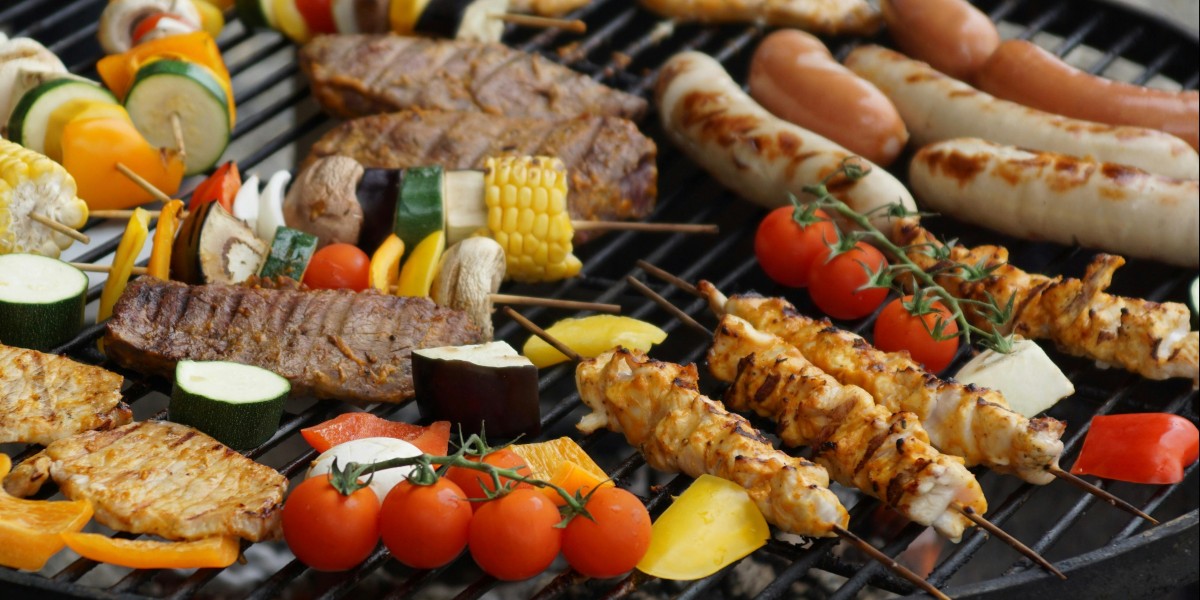
On April 25, lunch is usually straightforward and often includes a grigliata, Italy's twist on a barbecue, with grilled meats and vegetables, and platters of cold cuts and cheeses. This meal is typically enjoyed outdoors, as the holiday falls in spring when Italy enjoys pleasant weather. Many prefer a barbecue over a formal sit-down meal. Italians often choose practical and flavourful dishes that are easy to pack and bring along to their favourite park. Many families also choose to eat out at a farmhouse or restaurant, but it is important to book early as country restaurants fill up quickly on 25th April.
